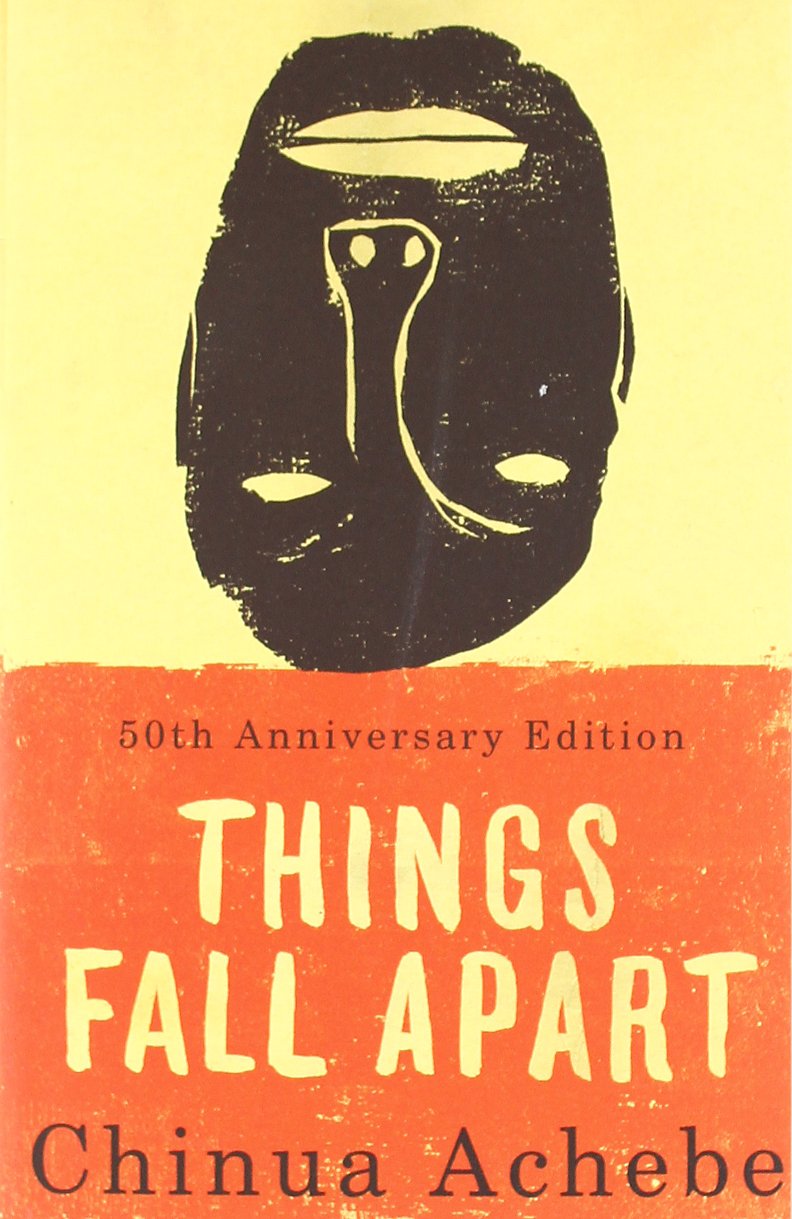The most worthwhile classroom experiences involve analysis. Teaching the basic, background, information is essential but it is ultimately meaningless if the students are not thinking critically about an issue. As a future English teacher I have a great opportunity to not only teach multicultural education, but how those perspectives can affect an individual experience and society in general. But, how can a teacher constructively "challenge[s] social inequality...to reconstructure educational institutions in ways that will change society?" (McNergney 54)
Things Fall Apart by Chinua Achebe is not only a great novel, but it is a great tool for teaching multicultural education as well. It explores colonialism in 19th century Africa through through the eyes of Okonkwo, a Umofian leader. Using this novel as a base, a classroom can explore the issues of assimilation through both history and culture today. Achebe immerses you into the mind of Okonkwo, allowing you to understand the Umofian culture and the culture clash that occurs once the Christian missionaries arrive. By reading Achebe's novel, students can understand the conflict that many foreign students have to face: holding on to your own culture while you are being coerced to lose it.
For far too long American schools have relied on literature that is written by white males. Of course, these texts are important and some schools are adopting to the multicultural approach, but classic literature needs to stop being a crutch. Issues like assimilation are perhaps more important in today's culture than the concept of revenge or love. In order to change the social inequality and restructure our educational institutions, schools need to make an effort to constantly incorporate a more diverse curriculum. There are a plethora of novels that deal with more impactful issues than what most schools are teaching today. Understanding perspective, especially in literature, is what allows us to grow and develop into more socially conscious individuals. Without perspective, we are limited to ignorant views and gross prejudices. When I teach I hope to incorporate this theme into all of my lessons. A narrow perspective only breeds injustices, and hopefully, through awareness and critical thinking, our students can strive to become more thoughtful and challenge social inequality.
McNergney, Robert F., Joanne M. McNergney. "Eduation: The Practice and Professional Teaching". Upper Saddle River: Pearson, 2009. Print.

No comments:
Post a Comment